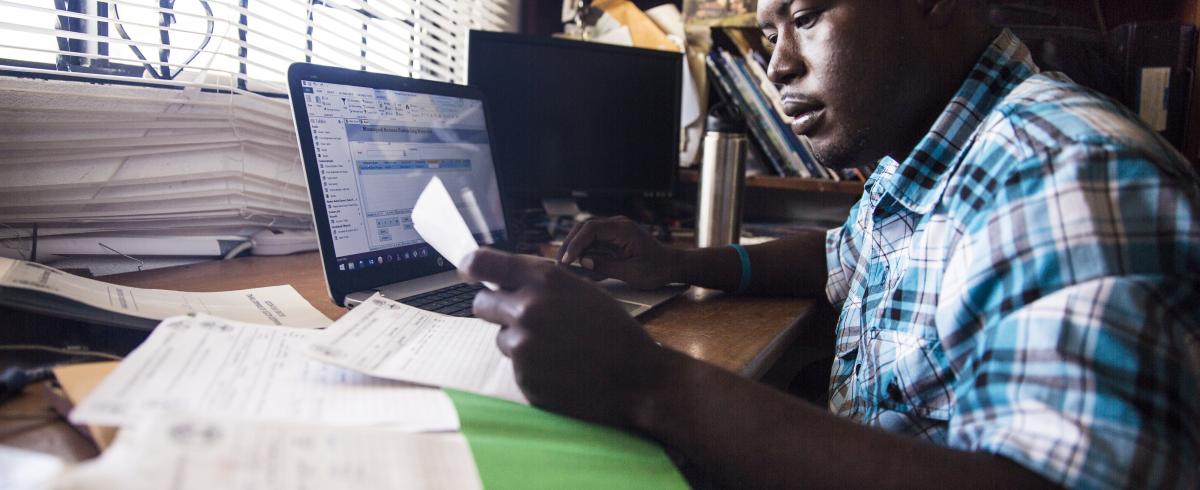Marine-Related Learning Networks: Shifting the Paradigm Toward Collaborative Ocean Governance
This study investigates the emergence, key attributes, and outcomes of marine-related networks using semi-structured interview data from 40 key informants representing 16 different networks that operate around the world at local, national, regional, and global scales. Our findings indicate that marine-related learning networks form in response to knowledge and action gaps and the specific needs of network members, and they function to inform policy and improve ocean management.

